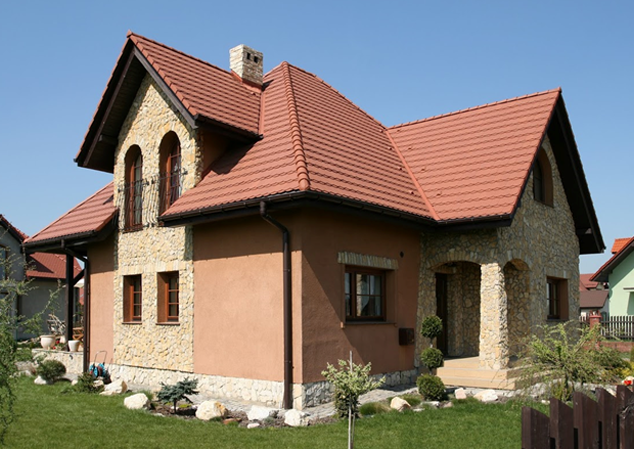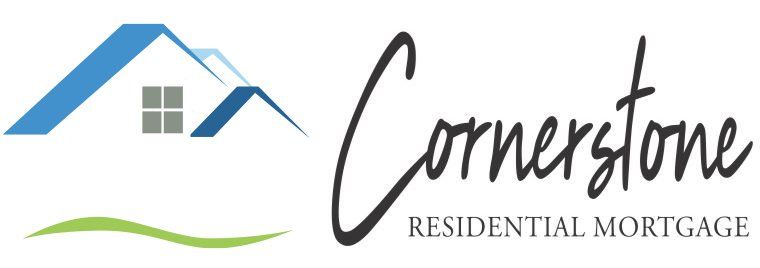Your Options When Inheriting a Home With a Mortgage
- By Admin
- •
- 04 Feb, 2021

Has a loved one passed away while holding a mortgage on a home? Even in this difficult time, heirs and family members must take action to protect that home and fulfill the wishes of their loved one. But when it has a mortgage attached, this can be more challenging. Fortunately, you have a number of solutions depending on your goals and financial considerations. Here's what you need to know about your options.
You May Take Over the Mortgage
State and federal law generally allows heirs and inheriting family members to take over an existing mortgage on a home they inherit. The good news is that you're unlikely to be forced to pay off the entire loan at once and will generally be allowed to add yourself to the mortgage and continue making payments. This is beneficial if the home has significant equity and the mortgage rates are better than you could get on your own.
You Might Refinance the Loan
Many heirs opt not to take over the existing mortgage but rather to take on a new one. You may find a number of advantages to this method. First, if your credit is better than the deceased owner's, you may qualify for lower interest rates and monthly payments or lower fees.
Second, you can customize the mortgage more to your own circumstances. Perhaps, for instance, you want to shorten the remaining term or change from variable interest rates to a fixed rate.
You Must Pay Reverse Mortgages
One difficulty that may arise is the existence of a reverse mortgage. These mortgages pay the homeowner each month instead of the homeowner paying the mortgage lender. However, the full value of the mortgage is due when the person passes away and is usually satisfied by the sale of the home.
If your inherited house has a reverse mortgage attached, you usually have two choices. You may allow the home to be sold and the mortgage paid off. However, if you want to keep the property, you may take on a traditional mortgage instead and use it to pay off the existing one in full as per its terms.
You Might Pay Debts to Keep the Home
Keep in mind that the house is an asset within your loved one's final estate. The final bills of the deceased person and their estate (such as burial or medical expenses) are paid before assets are distributed. Even a home with a reasonable mortgage could be at risk if the estate doesn't have other funds to draw on. Heirs who don't want to lose the real estate may pay off these debts using other methods.
For instance, you might use a home equity line of credit (HELOC) on the home to pay off certain debts. Alternatively, an heir could protect the property by paying off these items with a HELOC on their own home, then pay the HELOC off over a longer period of time.
You May Buy Out Other Heirs
If you inherited the property alongside others (usually siblings), the situation is more complex. If just one party wants to keep the home, they may need to buy out the others. This is often done by obtaining a cash-out refinance. A cash-out refinance is a mortgage for more money than is needed to pay off the original loan. The difference is used to pay off other heirs and remove them from the mortgage and deed.
Which solution for your inherited real estate is right for you and any joint heirs? The answer is as unique as each family's circumstances. The best way to start planning is to meet with experienced mortgage professionals to learn your options.
Cornerstone Residential Mortgage can help. Offering a variety of mortgage choices, we can help you find the best way to ensure your property is secure and your loved ones' wishes are completed. Call today to get started.
You May Take Over the Mortgage
State and federal law generally allows heirs and inheriting family members to take over an existing mortgage on a home they inherit. The good news is that you're unlikely to be forced to pay off the entire loan at once and will generally be allowed to add yourself to the mortgage and continue making payments. This is beneficial if the home has significant equity and the mortgage rates are better than you could get on your own.
You Might Refinance the Loan
Many heirs opt not to take over the existing mortgage but rather to take on a new one. You may find a number of advantages to this method. First, if your credit is better than the deceased owner's, you may qualify for lower interest rates and monthly payments or lower fees.
Second, you can customize the mortgage more to your own circumstances. Perhaps, for instance, you want to shorten the remaining term or change from variable interest rates to a fixed rate.
You Must Pay Reverse Mortgages
One difficulty that may arise is the existence of a reverse mortgage. These mortgages pay the homeowner each month instead of the homeowner paying the mortgage lender. However, the full value of the mortgage is due when the person passes away and is usually satisfied by the sale of the home.
If your inherited house has a reverse mortgage attached, you usually have two choices. You may allow the home to be sold and the mortgage paid off. However, if you want to keep the property, you may take on a traditional mortgage instead and use it to pay off the existing one in full as per its terms.
You Might Pay Debts to Keep the Home
Keep in mind that the house is an asset within your loved one's final estate. The final bills of the deceased person and their estate (such as burial or medical expenses) are paid before assets are distributed. Even a home with a reasonable mortgage could be at risk if the estate doesn't have other funds to draw on. Heirs who don't want to lose the real estate may pay off these debts using other methods.
For instance, you might use a home equity line of credit (HELOC) on the home to pay off certain debts. Alternatively, an heir could protect the property by paying off these items with a HELOC on their own home, then pay the HELOC off over a longer period of time.
You May Buy Out Other Heirs
If you inherited the property alongside others (usually siblings), the situation is more complex. If just one party wants to keep the home, they may need to buy out the others. This is often done by obtaining a cash-out refinance. A cash-out refinance is a mortgage for more money than is needed to pay off the original loan. The difference is used to pay off other heirs and remove them from the mortgage and deed.
Which solution for your inherited real estate is right for you and any joint heirs? The answer is as unique as each family's circumstances. The best way to start planning is to meet with experienced mortgage professionals to learn your options.
Cornerstone Residential Mortgage can help. Offering a variety of mortgage choices, we can help you find the best way to ensure your property is secure and your loved ones' wishes are completed. Call today to get started.



